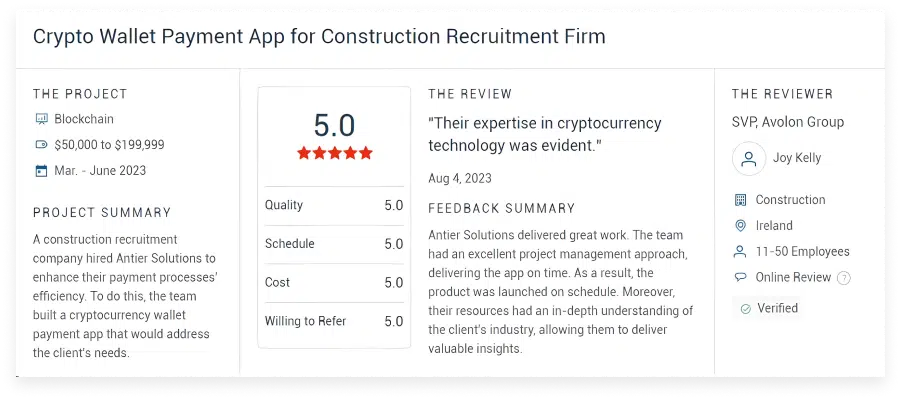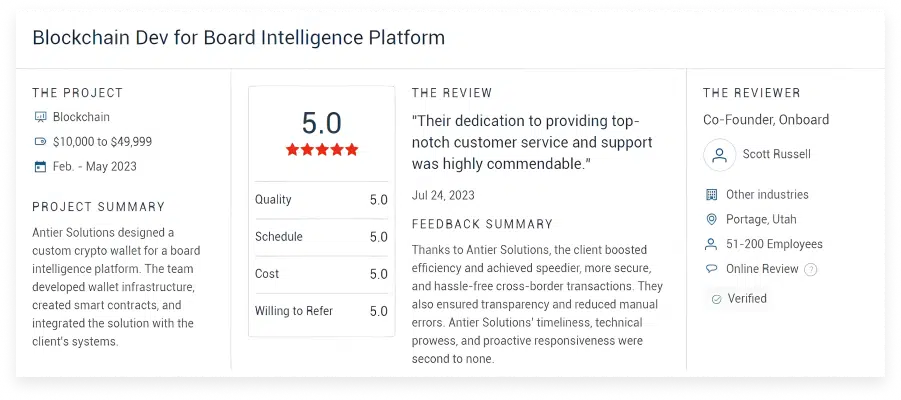
Media and Entertainment Industry: Ripe for Blockchain Adoption
The media and entertainment industry is affected by the commoditization of content and ubiquitous piracy of intellectual property (IP). Today, media users have free access to digital content and most of them are hesitant to sign up for paid subscriptions for premium content. In addition, the industry is beset with co pyright infringements. The new consumption models and streaming subscriptions have contributed to only partial recovery of revenue leakage.
All these inefficiencies make the media and entertainment industry an ideal use case for blockchain adoption. Blockchain in media and entertainment can help with decreased IP infringement, provide greater transparency into who owns the content, and enable monetization of copyrighted assets through smart contracts.
What Impact can Blockchain in Media Make?
The implementation of blockchain in media and entertainment can bring a significant change in the industry by enabling the following:
What is your business use case? Connect with our
subject matter experts to turn your use case into a great
product.

Use Cases of Blockchain for Entertainment Industry
Why Choose us for Blockchain Development for Media and Entertainment?
By partnering with Antier, you can rely on a team of technical experts with real-world experience delivering end-to-end blockchain services.
Our Partners
What Clients Say
Frequently Asked Questions
Content Distribution: Blockchain can enable a secure and decentralized platform for distributing content, such as movies, music, and games while eliminating the need for intermediaries and allowing for a more efficient and cost-effective distribution process.
Royalty Payments: Blockchain can be used to track and manage royalty payments for content creators, ensuring that they receive fair compensation for their work in a transparent and secure manner. Fan Engagement: Blockchain can be used to create unique and valuable experiences for fans, such as exclusive merchandise, virtual meet-and-greets, and limited-edition digital collectibles recorded on the blockchain.
Ticketing: Blockchain can be used to create a secure and transparent ticketing system that can help prevent ticket fraud and ensure that ticket prices are fair and equitable. Copyright Management: Blockchain can be used to securely and transparently manage copyright and ownership information, making it easier to track and enforce the rights of content creators.
Royalty payments: Blockchain can provide a transparent and efficient way to track the distribution of royalties, reducing the risk of manual errors and fraud, and enabling quicker and more accurate payments to artists and rights holders.
Ownership rights: Blockchain can be used to create a decentralized, tamper-proof ledger of ownership rights, making it easier to manage and transfer music rights.
Digital Identity: Blockchain can be used to create a digital identity for artists, which can be used to securely manage their rights and royalties.
Music streaming platforms: Blockchain can be used to create decentralized music streaming platforms, which can offer greater transparency and fairness for artists, as well as provide a more direct connection between artists and fans.
● Increased efficiency
● Enhanced trust
● Better record keeping
● Better student outcomes
● Increased revenue
● Improved market position






























































